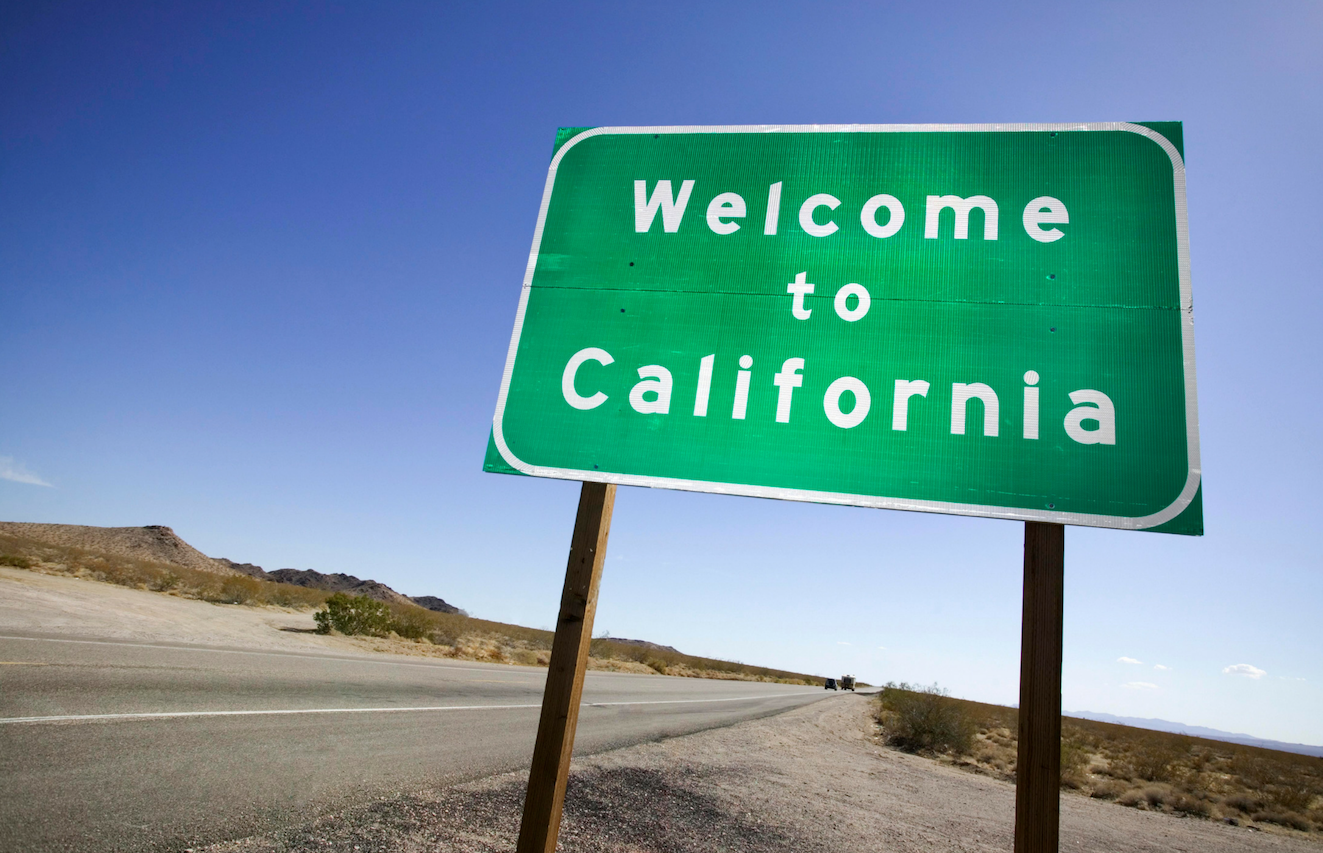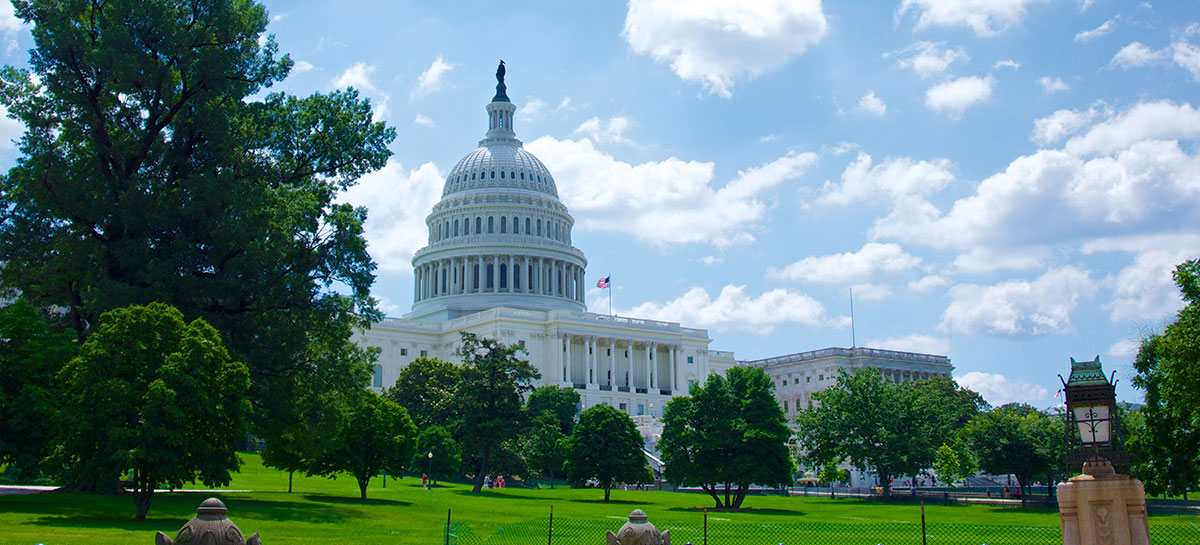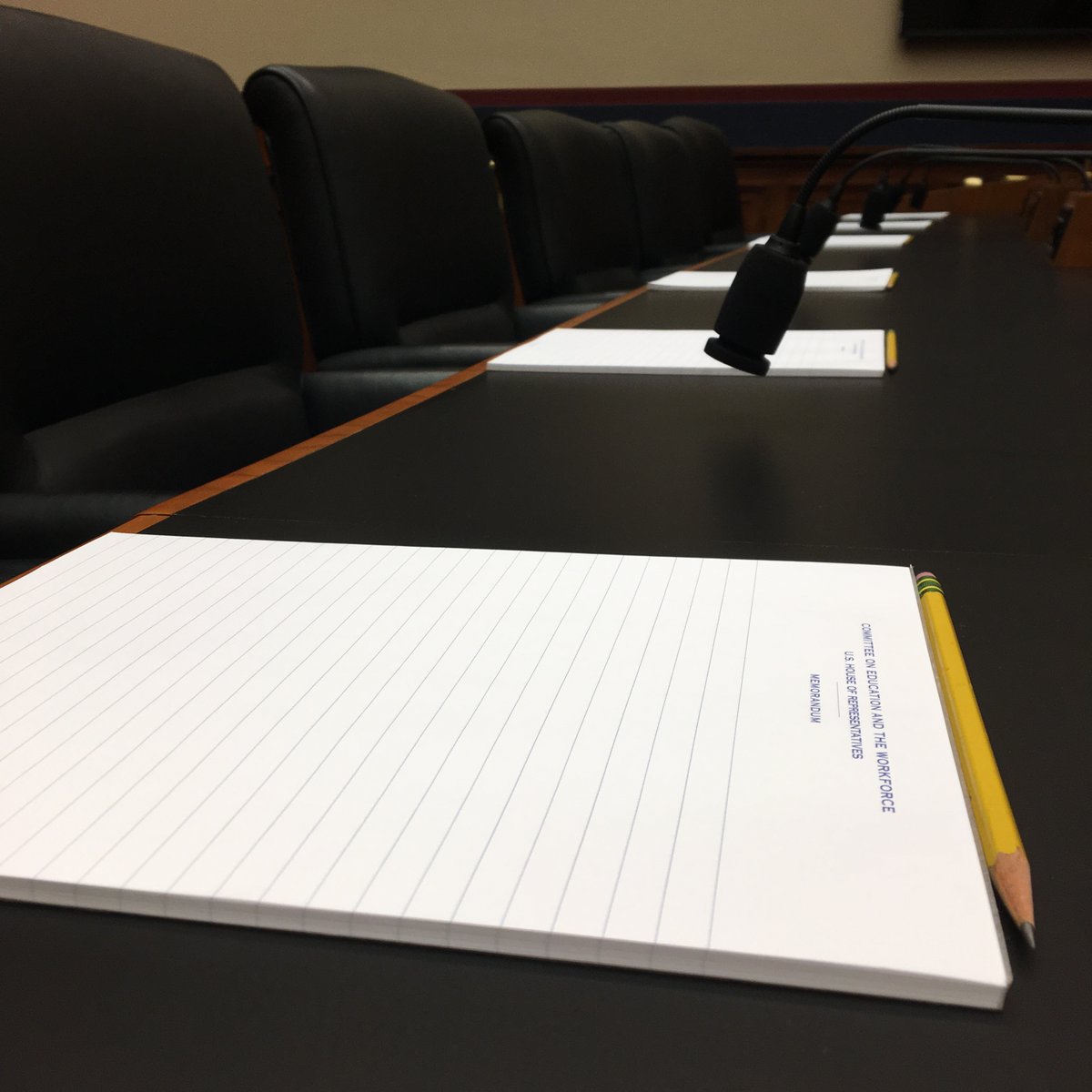Statement by FPF CEO Jules Polonetsky: Facebook Case Shows It Is Time to Give the FTC Enhanced Civil Penalty Authority
WASHINGTON – July 24, 2019 –Today, the Federal Trade Commission (FTC) announced an unprecedented settlement requiring Facebook to pay $5 billion in civil penalties, create new accountability and compliance mechanisms, and imposing additional injunctive relief. The settlement stems from violations of a 2012 order. The $5 billion penalty is more than 15 times larger than […]
California’s AB-1395 Highlights the Challenges of Regulating Voice Recognition
Under the radar of ongoing debates over the California Consumer Privacy Act (CCPA), the California Senate Judiciary Committee will also soon be considering, at a July 9th hearing, an unusual sectoral privacy bill regulating “smart speakers.” AB-1395 would amend California’s existing laws to add new restrictions for “smart speaker devices,” defined as standalone devices “with […]
FPF Letter to NY State Legislature
On Friday, June 14, FPF submitted a letter to the New York State Assembly and Senate supporting a well-crafted moratorium on facial recognition systems for security uses in public schools.
CCPA Amendment Update June 2019 – Twelve Bills Survive Assembly and Move to the Senate
By Michelle Bae and Jeremy Greenberg Privacy professionals seeking clarity on compliance with the California Consumer Privacy Act (CCPA) are monitoring numerous amendment bills introduced in the California State Assembly and the California State Senate. Twelve bills garnered the votes needed to pass the Assembly and moved to the Senate for further revision and voting. […]
As Legislators Debate Ad Tech, Browsers and Operating Systems Announce New Technical Controls
Congress continues to hold data privacy hearings, including yesterday’s Understanding the Digital Advertising Ecosystem and the Impact of Data Privacy and Competition Policy. The continued debate over adtech practices is reaching a crescendo, making the case for quick action on a comprehensive federal privacy law that can set parameters for how personal data is collected, […]
FPF Comments on the California Consumer Privacy Act (CCPA)
On Friday, the Future of Privacy Forum submitted comments to the Office of the California Attorney General (AG), Xavier Becerra. Read FPF’s Full Comments (11-page letter) See Attachment 1: Comparing Privacy Laws: GDPR vs. CCPA See Attachment 2: A Visual Guide to Practical De-identification In FPF’s outreach to the AG, we commended the office for its […]
FPF Comments on the Washington Privacy Act, SB 5376
Today, the Future of Privacy Forum submitted comments to the Washington State Senate Ways & Means Committee on the proposed Washington Privacy Act, Senate Bill 5376. FPF takes a “neutral” position regarding the Bill, and makes a few important points. FPF commends the Bill’s sponsors for addressing a broad set of individual data protection rights. […]
Long Overdue: Comprehensive Federal Privacy Law
FPF has long supported federal comprehensive consumer privacy law. We believe that both businesses and consumers will gain from one clear standard that provides consumers with needed protections and provides industry with certainty and guidance.
Learning from Europe but looking beyond for privacy law
FPF’s CEO, Jules Polonetsky, recently published an opinion piece in The Hill that discussed the need for comprehensive federal privacy legislation.
The Top 10: Student Privacy News (Feb – July 2018)
The Future of Privacy Forum tracks student privacy news very closely, and shares relevant news stories with our newsletter subscribers.* Approximately every month, we post “The Top 10,” a blog with our top student privacy stories.








